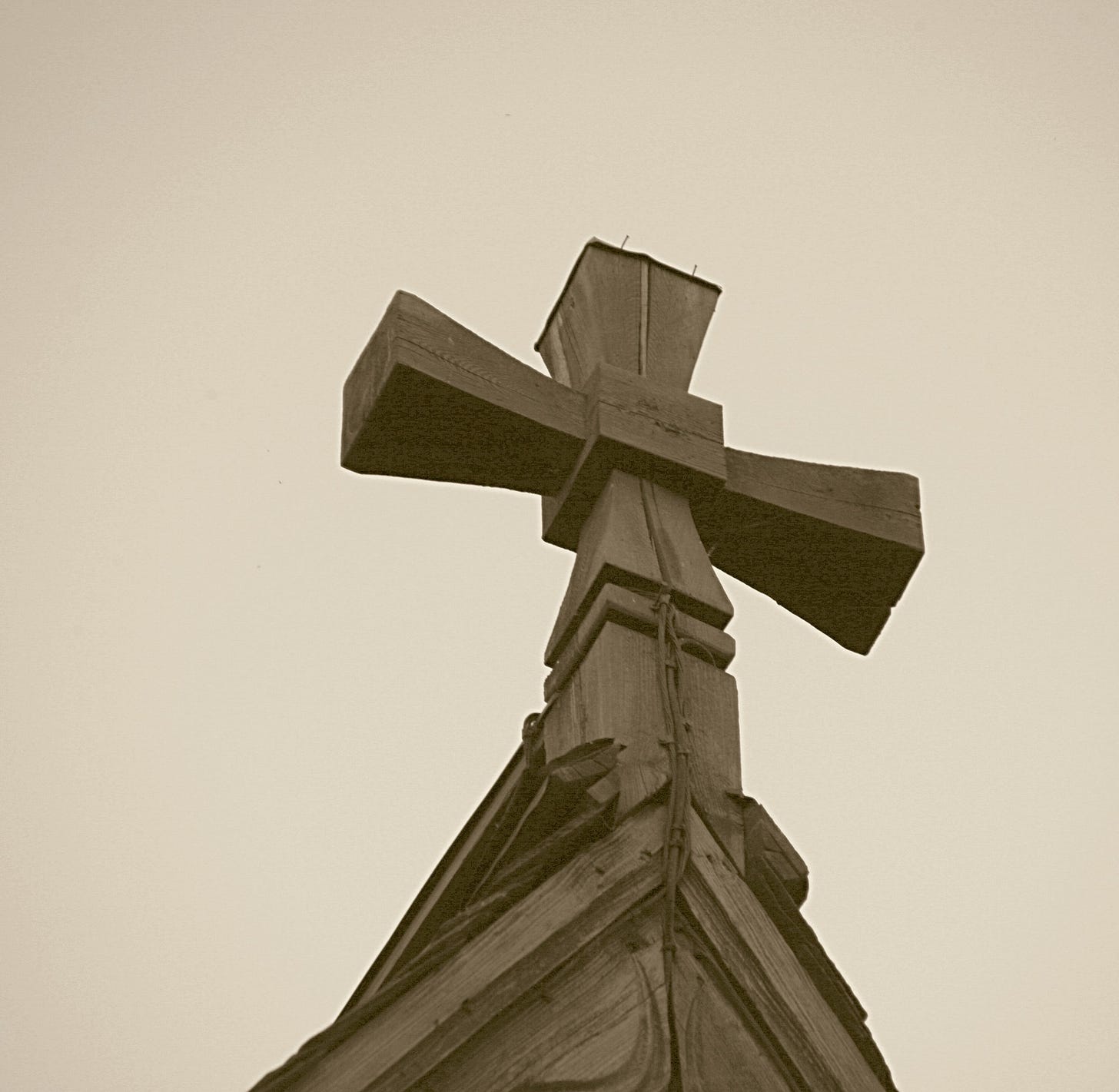
This has been on my mind recently. I ran into a guy on LinkedIn who has started a Christian streaming service called LOOR.tv. But it’s a streaming service with a couple of twists.
Everything on the service is Christian for some value of Christian.
Not everything has been produced yet.
So it’s somewhere between a streaming service and a Kickstarter. I don’t know what the vetting process is for content. What they have up so far ranges from reality TV like one where a guy breaks those stupid rules no one pays any attention to to science fiction where a teen has to deal with a bully who’s turned into a zombie. There’s an animated series that’s basically a more violent version of Veggie Tales and another that seems to be a Christian stand-up show.
There’s nothing at all wrong with filling a niche. I had to unfollow the guy, because I could only take so much of “our content is punk rock” and “we’re making stuff that makes the government scared”. But I wish him and his efforts the best of luck. I think some of the stuff looks kind of interesting to be honest. Some of it’s not to my taste (like any other streaming service).
What really got me thinking was, what makes content Christian? Is it enough that the creators are Christian? I don’t know what’s Christian about the law-breaking show (though I could see it as a sermon topic). Others, like the Berenstain Bears Go Old Testament are a little too on the nose.
I write a lot of stories. There are some, like Fetch, that deal directly with Christian themes. There are others, like Esho St. Claire and the Damsels of Desire, that are just a straight-up urban fantasy/mystery. The in-betweeners will have some Christian themes if you go looking for them, but if you don’t pick up on them, there’s no harm. I think “Christian fiction” is any fiction that deals with Christian themes. It doesn’t have to have a particular agenda. No one has to be “saved” by the end. It certainly doesn’t need to be (and I would argue should almost NEVER be) an allegory.
Do Christian have to write “Christian fiction”? Personally, I don’t think so. If creating something that wouldn’t be sold in a Lifeway (are they still a thing?) is your jam, your soul isn’t in jeopardy, baby. By the same token, if you’re writing fiction that would be in line with Lewis or Dekker (one of my favorites at one point), go for it. Just don’t go thinking it makes you a more spiritual writer or some such nonsense. Any work we as Christian do can be done to the glory of God. Artists who are Christians can paint a person or a landscape. Musicians who are Christians can write “secular” music, from metal to country. And so on.
Ultimately, what I think matters most is that we as Christian creators create content of as high a quality as we are able. What has plagued “Christian content”, at least in the late 20th/early 21st century, is that most of it is execrable. Priority seems to be placed on message/theology first. Never mind that in many cases it’s bad theology (I see you Jenkins/LaHaye). We should be just as capable of creating complex characters, engaging plots, and timeless themes as anyone of any other religious or areligious affiliation.





Very well said. I am a cradle orthodox and a born storyteller and have always struggled with how faith fits into my writing, or better said how my writing fits into my faith. Now, people will say that there shouldn’t be too much to think about as it is a talent, but my writing has always been dark and weird. My first short story was about the Grim Reaper being unable to kill a young boy on his first day of school. I was 12 at the time. So what do you when your voice is dark and heavy? Do you stop writing? I did that, for 3 years, it doesn’t work. Do you try to write lighter stuff? I burned myself out.
Now, I was privileged to be born in Romania, where Christianity is a bit dark and definitely heavy, as we have a lot of present day martyrs, old monasteries. So I believe that God gave me this dark and heavy voice to bring forth our millennia old struggle.